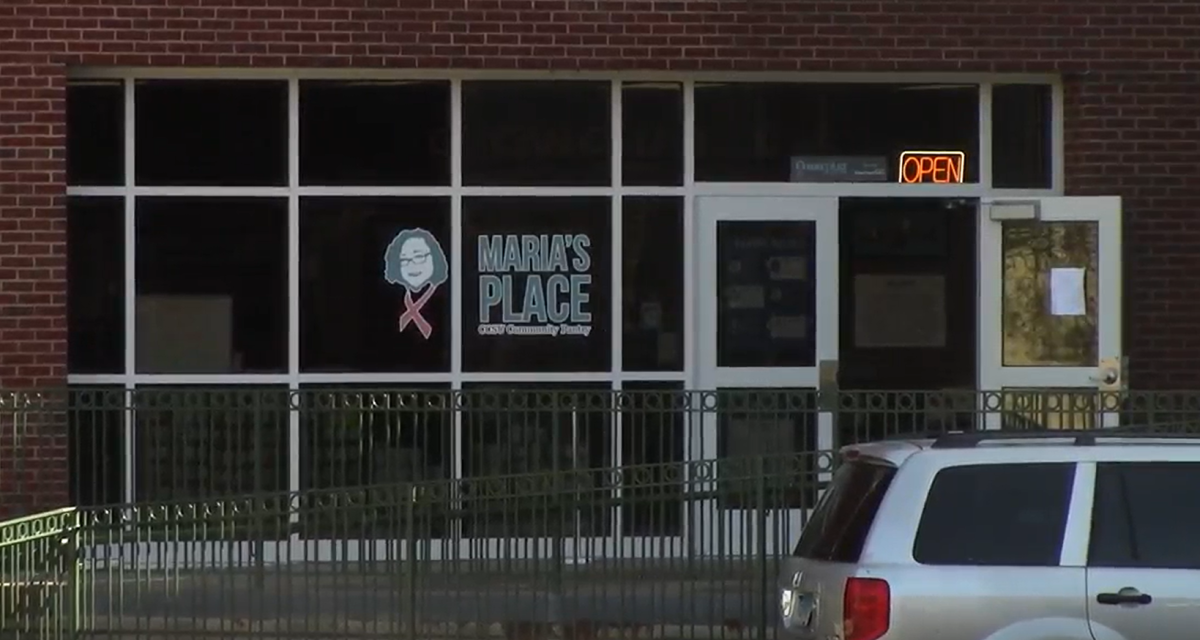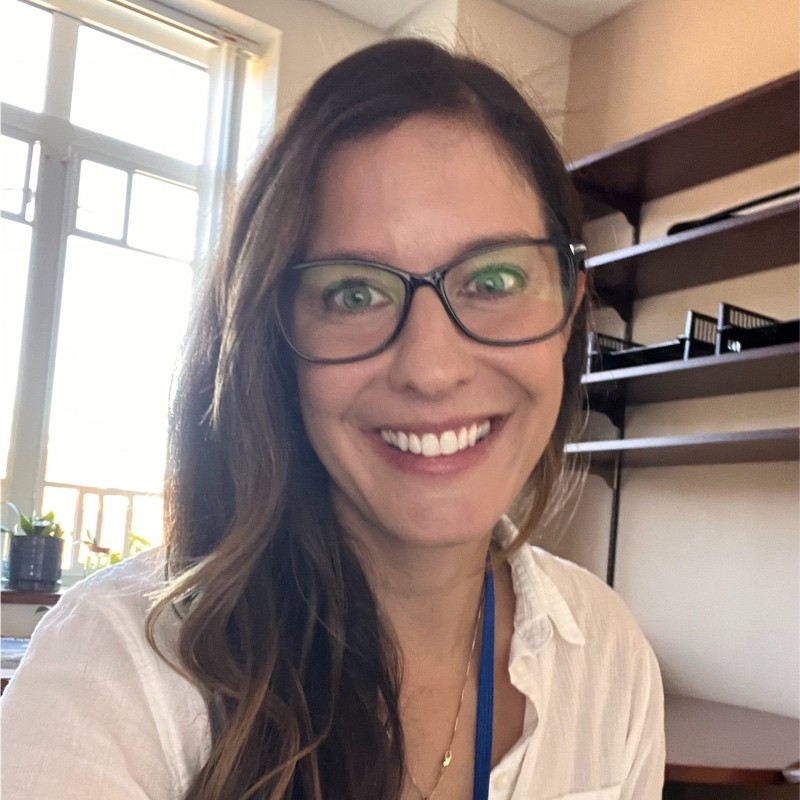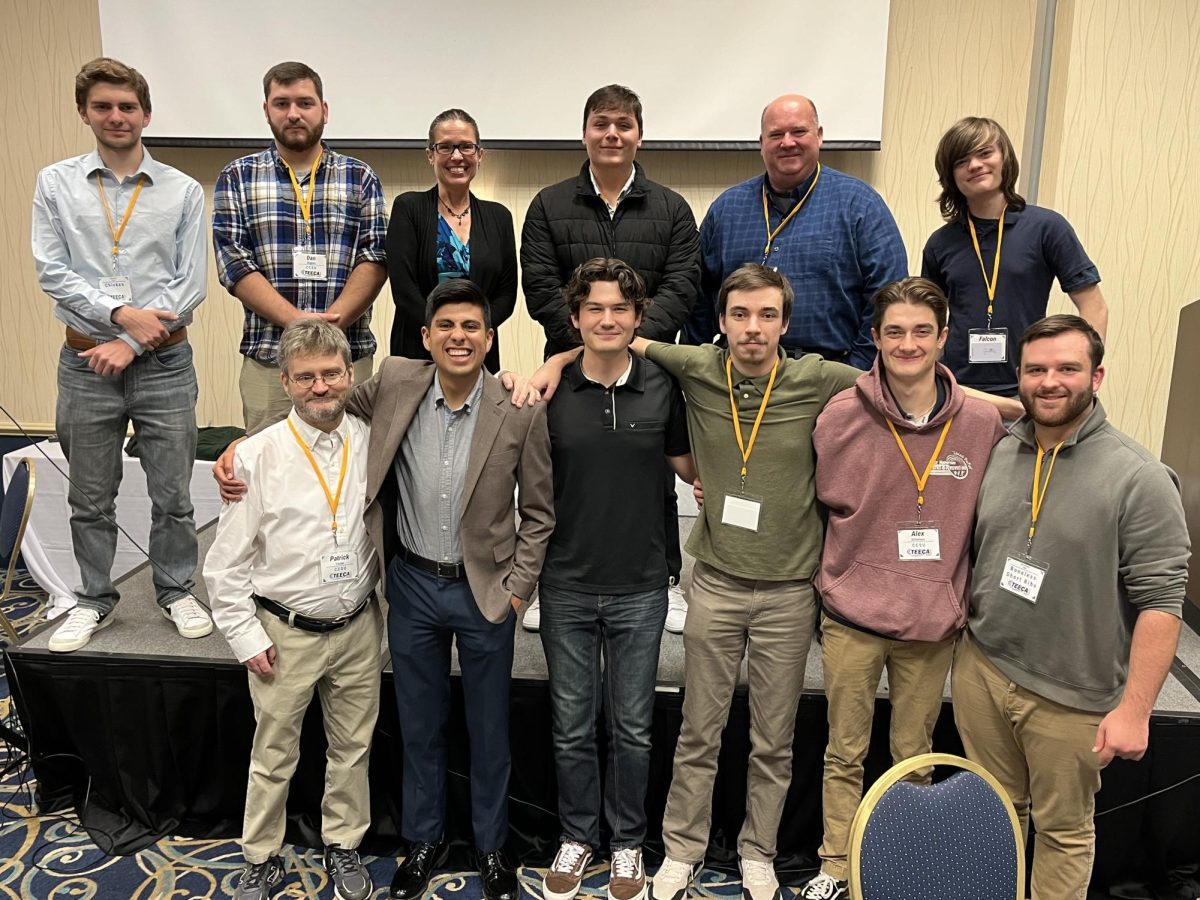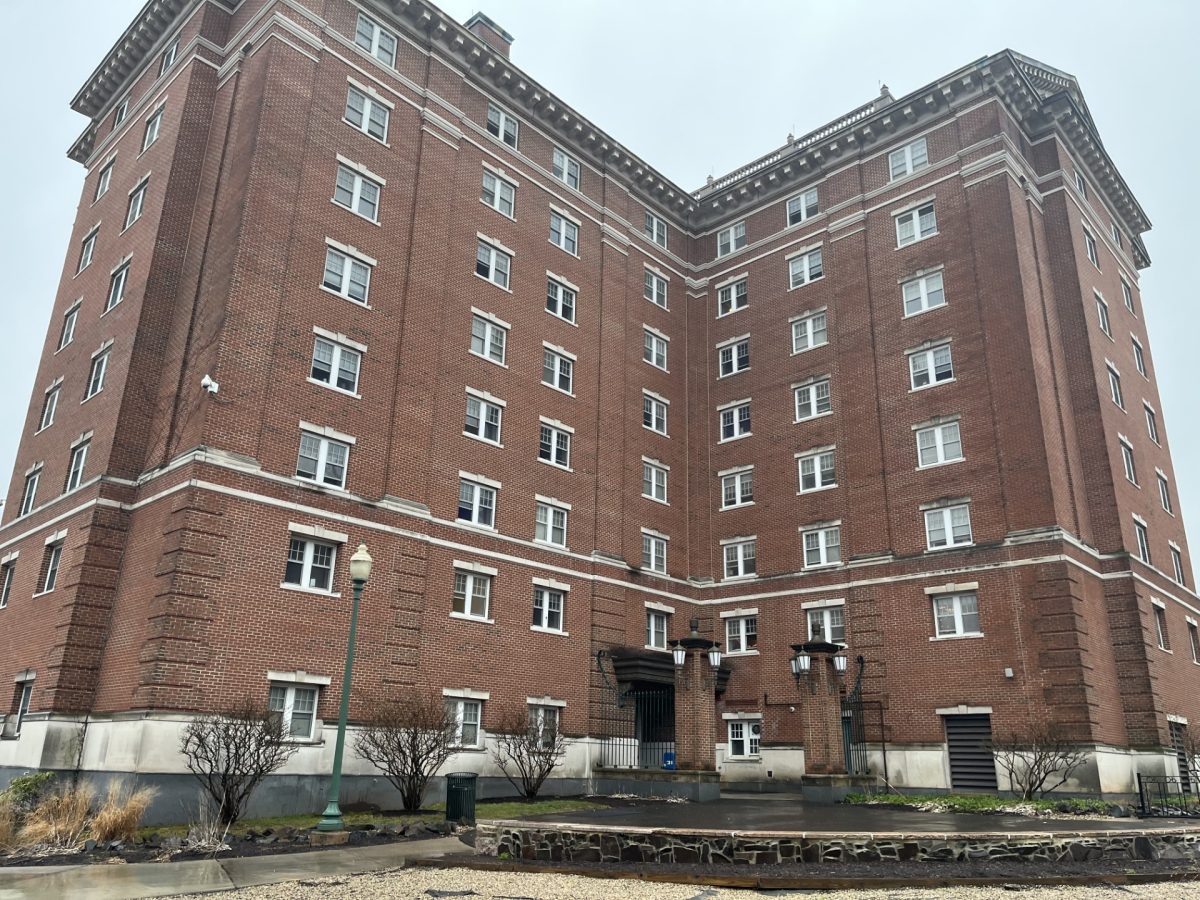The School of Engineering and Technology, at Central Connecticut State University has just found a new dean. After a nationwide search, Dr. Faris Malhas has been named as the replacement for Zdzislaw Kremens as the school’s dean.
“I am very excited to be the new Dean of Engineering & Technology at Central,” said Malhas. “My predecessor has accomplished the development of two engineering programs, which makes us one of two public institutions in the state of Connecticut that offers engineering programs.”
Before coming to Central, Malhas held the position as dean at two other universities, including West Virginia University and Bowling Green State University. His main field of study is structural engineering. Most of his latest research has focused on the safety of bridges.
According to Carl Lovitt, the provost and vice president of Academic Affairs, Dr. Malhas had the most experience as an academic administrator of any of the 50 applicants that they were being considered.
Malhas believes that the nature of schools and colleges is to always find ways to become better and bigger. So he plans on making the School of Engineering and Technology even better. He plans on doing this by bringing enthusiasm, strong leadership, a clear vision for the future, and an understanding of the future of engineering and technology education.
“Dean Malhas has excellent interpersonal skills, and I am confident that he will do an outstanding job of building a culture in the school based on mutual respect and collaboration,” said Lovitt.
Currently Malhas is meeting with various departments within the School of Engineering and Technology. According to Malhas he will be initiating discussions with all faculty and staff to determine where the school should be in five years. The School of Engineering and Technology has over 1,600 enrolled students. Malhas will explore a number of strategies to improve retention.
According to Malhas this will include strong school support for students organizations, enhanced student services, more hands on experiences in classes, more innovative teaching methods, encourage students to participate in undergraduate research and Coop experiences, more opportunities for study abroad, and paying special attention to minorities and unrepresentative groups to ensure their success.
“I think it is all about our dedicated faculty and their focus on excellence in teaching,” said Malhas. “The positive environment within the school and departments is incredible.”
With a 4,500 square foot addition to the engineering lab facilities, that contains one of the biggest wind tunnels in the state, Malhas believes that Central has a lot to offer future engineering students. He hopes to capitalize on outreach programs that attract high schools and middle schools to Central. Malhas also knows that the school needs to develop a way for community college students to easily transfer into the school.
Lovitt is confident in Malhas, as well as in the School of Engineering and Technology. He sees two factors that are vital for the development of the school. The first is to have new program opportunities across traditional academic boundaries, especially through partnerships with science, math, and technology. The second, according to Lovitt, will be to strengthen Central’s affiliations with businesses and industries, and to leverage those partnerships to help more students graduate and become thoughtful citizens and successful professionals.
While Malhas is excited to be the new dean at Central, he thinks his greatest accomplishment is the large number of students that he has taught over the span of the last 26 years, as well as his steel design textbook that he published that became a national bestseller.
“I am very optimistic about the future and the potential for developing more engineering programs at the undergraduate and graduate levels,” said Malhas.







